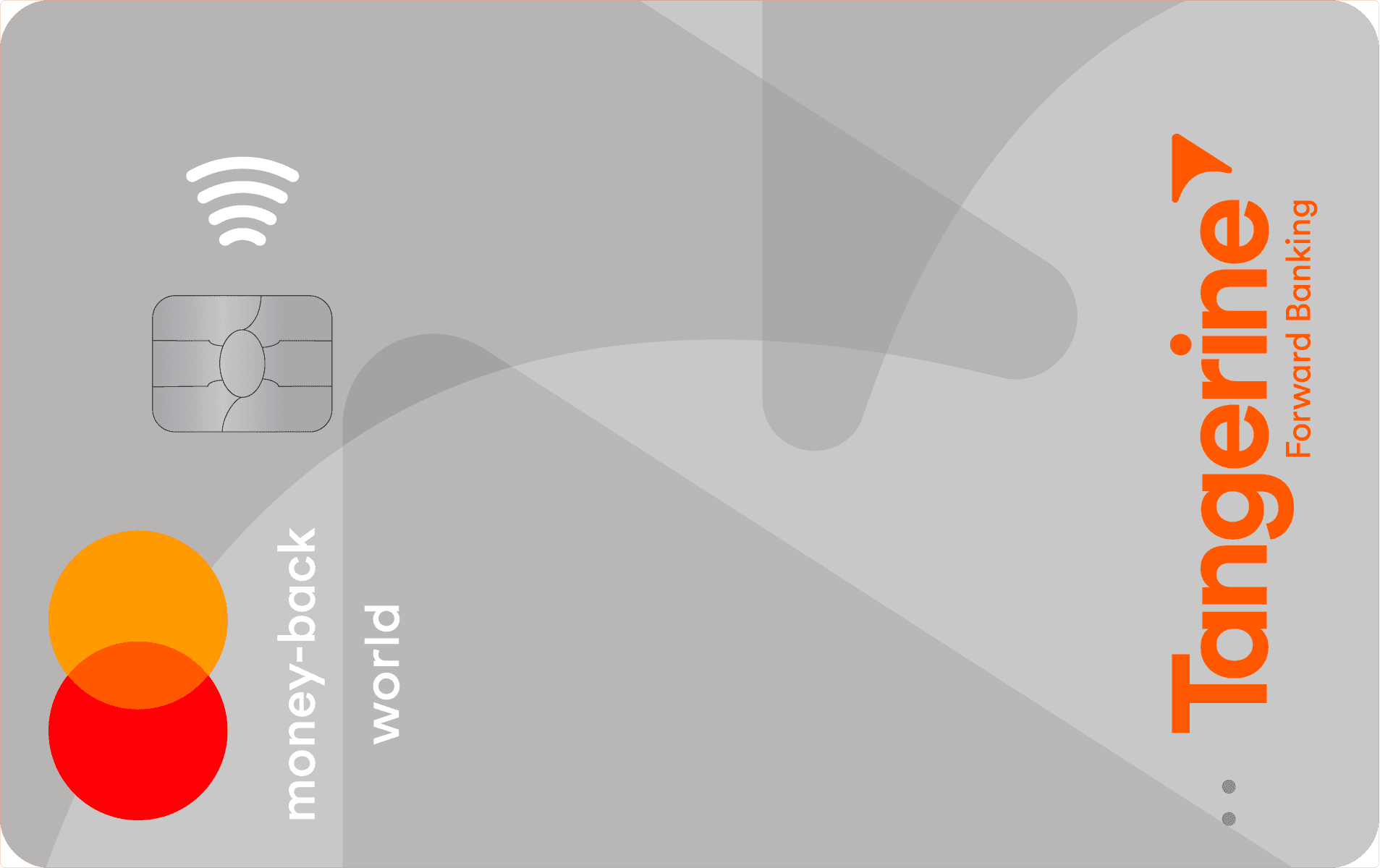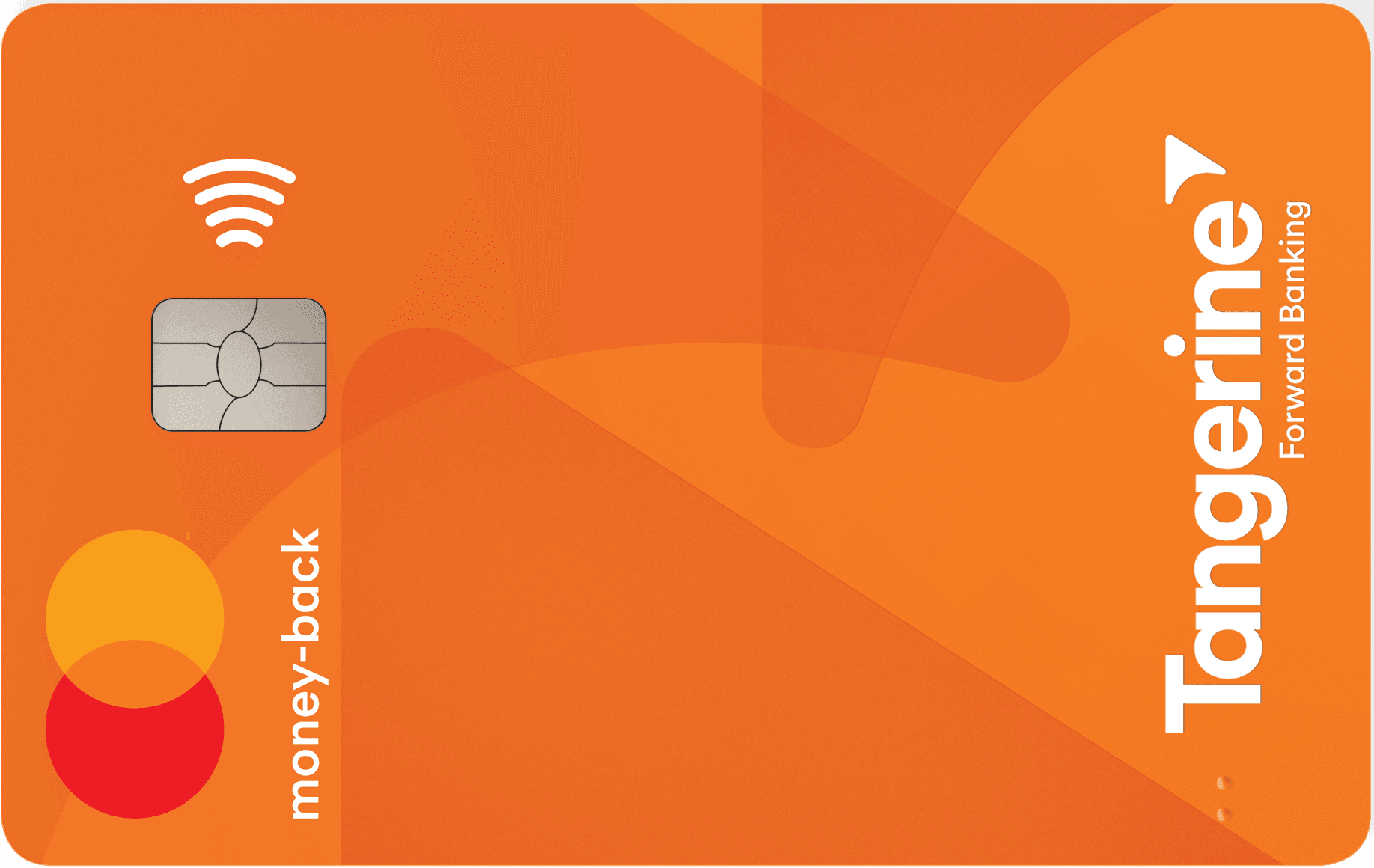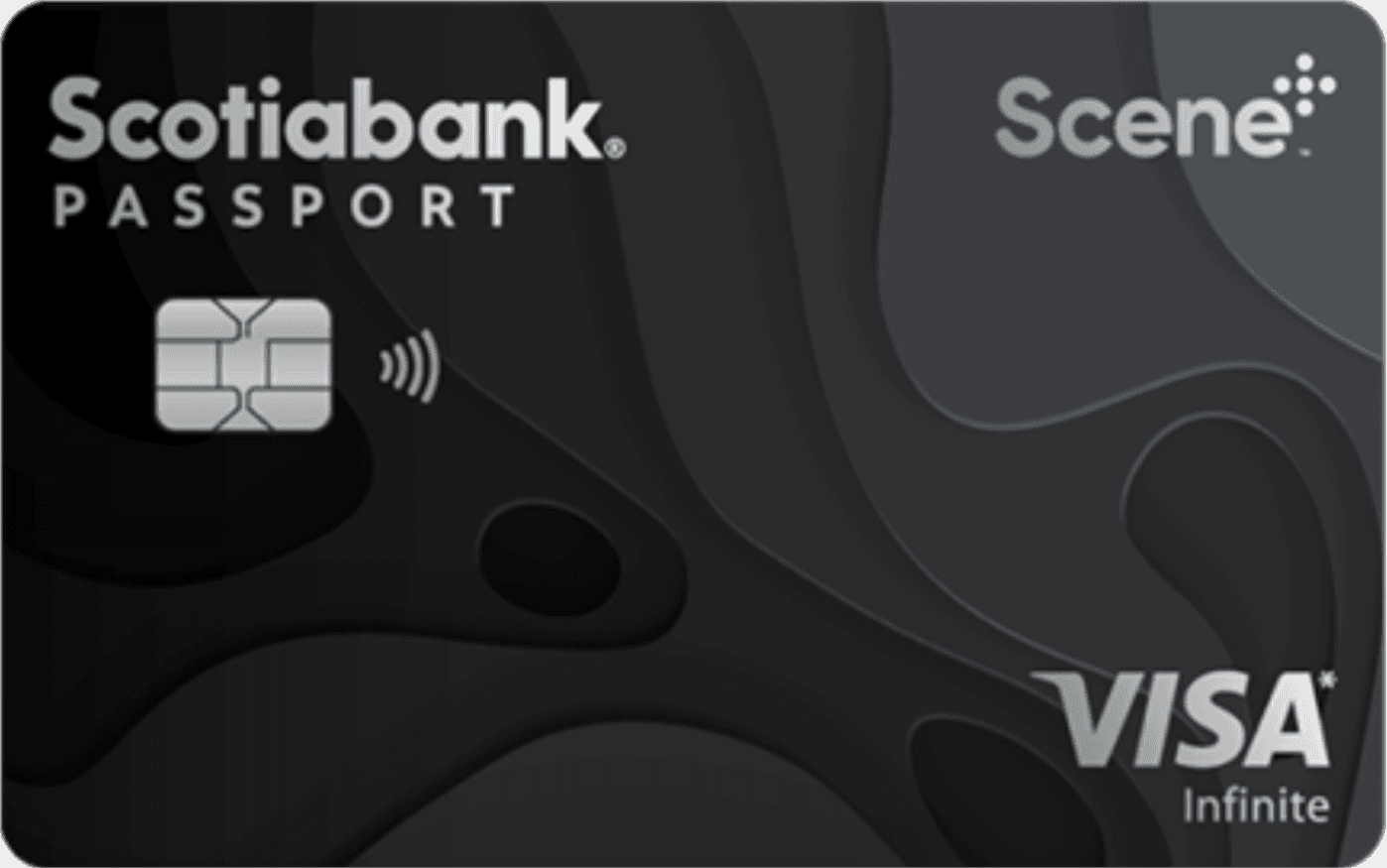Working hard in the background...
3 Signs It’s Time for Canadians to Pause Credit Card Spending
Published Nov 11, 2025 1:30 PM • 7 min read
Having a credit card can be very helpful in Canada. It allows you to shop easily, build a credit history, and even earn rewards. However, credit card spending can easily grow without you noticing until it becomes a problem.
Knowing when to stop and take a break is crucial. It protects your money, reduces stress, and keeps your financial future healthy.
This article reviews three clear signs that tell you it’s time to stop using your credit card for a while. You will also find easy tips and reliable links to help you manage your card better.
Why Credit Card Spending Can Sneak Up on You
Credit cards are designed to be easy to use, which often makes it easy to spend above your budget. These days, especially with the convenience of tap-to-pay, it’s so easy to lose track of how much you’ve spent. Since you’re not handing over physical cash, purchases don’t feel as “real,” and small buys can add up fast. Plus, interest charges, fees, and automatic payments can increase your balance without you noticing.
This is where smart money habits matter. Use your credit card the right way, pay your balance in full each month, keep track of every purchase, and use your rewards with a plan. Additionally, ensure you review your credit card statement often so you always know your balance and avoid surprises.
Warning Signs You Need to Stop Using Your Credit Card
1: Your Credit Card Balance Keeps Growing
When the amount you owe on your credit card gets higher every month, it’s a major warning sign. This means you’re spending more money than you can afford to pay back.
What Happens When Your Balance Grows?
- You pay interest charges: this interest builds up over time, which makes everything you buy much more expensive.
- Minimum payments keep rising: leaving you with less money for your other needs, as they use up a larger portion of your monthly income.
- Your credit score can drop: Using too much of your available credit limit can harm your credit score, as a high balance can signal a higher risk to the lenders.
Why This Is a Problem
High credit card interest rates can cause debt to grow quickly.
According to the Financial Consumer Agency of Canada (FCAC), most credit cards charge interest rates between 19% and 24%. If you don’t pay your balance in full, interest keeps adding up — meaning your debt can increase even if you stop using the card. Paying more than the minimum payment helps reduce how much interest you pay over time.
What You Can Do
- Hit Pause: Stop using your card now. Only use it for real emergencies.
- Check Your Statement: See exactly how much you owe and how much of that is just interest.
- Pay Extra: Try to pay more than the minimum amount each month to reduce your balance faster.
- Make a Budget: Write down your income and all your necessary expenses to see where your money is going.
If you reduce your balance, you save money and feel less stressed.
2: You’re Only Paying the Minimum Each Month
Many people find it easy to just pay the "minimum payment" listed on the bill. While it seems like you are meeting your obligation, this habit can keep you stuck in debt for many years.
Why Paying the Minimum Is Dangerous
The Government of Canada points out that the credit card minimum payment is often a very small percentage of what you owe, and most of that small payment goes toward covering the interest, not the actual debt (the principal).
If you only pay the minimum:
- Your debt stays high: The total amount you owe barely goes down.
- You pay much more interest: The bank earns more money from you over time.
- Debt lasts longer: It can take years, even decades, to clear a moderate debt load.
What You Can Do
- Aim Higher: If you can’t pay the full amount, pay an extra $20 or $50 above the minimum. This immediately helps cut down the principal faster.
- Automate Payments: Set up an automatic payment that is slightly higher than the minimum, so you don't forget.
- Look for Lower Interest Cards: After you get your spending under control, think about switching to a h a low-interest or balance transfer credit card. These card types can help you save money and pay off your balance faster. You can also find the top picks from our editors in our Best Low-Interest Credit Cards in Canada or our Best Balance Transfer Credit Cards in Canada blogs.
- Always Pay on Time: Never miss a payment, as this damages your credit score.
If paying more than the minimum is impossible right now, you should try to pause all new spending until you can get ahead.
Read More: How to get out of credit card debt
3: You Feel Stressed or Anxious About Credit Card Spending
Another sign that your credit habits are unhealthy is feeling worried about money. This stress is your mind telling you something is off.
Common Signs of Credit Card Stress
- You feel nervous or sick before opening your credit card statement.
- You are using your card for basic needs like groceries, gas, or monthly bills because your bank account (debit/cash) is empty.
- You avoid checking your balance because you don't want to know the true number.
- You frequently forget how much debt you have.
If any of this sounds familiar, it is crucial to stop using the card until you are back in control.
The Government of Canada confirms that relying on credit for everyday costs or taking out cash advances are serious warning signs that you depend too much on borrowed money.
How to Ease the Stress
- Implement a Pause: Lock the card away for a "cooling-off" period.
- Make a List: Write down all your debts and monthly bills. Seeing the full picture in front of you reduces anxiety and helps you plan the solution.
- Try Cash-Only: Spend one week or one month paying for daily items (coffee, lunch, gas) using only cash or debit. This helps you reconnect with how much money you have.
- Ask for Help: If the debt feels overwhelming, you can contact a free credit counselling service. The Government of Canada lists reliable resources.
Taking these steps will help you feel calmer and more confident about your money.
How to Get Back on Track
Once you pause spending, you can focus on a simple plan to fix the problem.
Step 1: Check Your Spending
Look closely at your last three-monthly credit card statements. Highlight all purchases and sort them into two groups:
- Essential: Rent, food, utilities, etc.
- Optional: Dining out, streaming subscriptions, clothes shopping, etc.
This review shows you exactly where you can cut back to find extra money to pay down the debt.
Step 2: Make a Simple Budget
You don't need complicated software. Just write down your total monthly income and subtract all your fixed monthly costs. Any money left over should be used to pay off your credit card balance.
The FCAC offers a free budget planner that you can use online.
Step 3: Choose a Better Credit Card (When You’re Ready)
After your debt is low and you have better spending habits, you might decide to switch to a card that suits your new goals.
Step 4: Build a Small Emergency Fund
Try to save a small amount of money every week, even $10 or $20. When an unexpected expense pops up (like a car repair or a doctor’s visit), you can use your savings instead of turning back to your credit card.
Final Thoughts
If your debt keeps getting bigger, you only pay the minimum amount due, or you feel stressed when thinking about your card, it is time to stop spending immediately and review your finances.
Pausing your credit card spending is a practical and mature step toward a better financial life. It’s not a failure—it’s taking control.
Always remember these signs:
- A debt that constantly grows is a serious problem.
- Paying only the minimum guarantees long-term debt.
- Worrying about your card means it’s time to reset.
Follow these simple steps from FinlyWealth and the Government of Canada to manage your credit wisely, lower your debt, and build a stronger financial foundation in Canada.
Your credit card should be a tool that works for you, not against you. Start your pause today and give your wallet the break it deserves.
Frequently Asked Questions
No, it usually helps to improve your credit score. As long as you keep making your payments on time, using less of your available credit can improve your score.
You should pause the use of your credit card until you have paid off most of your high-interest balance, feel less stressed, and can confidently cover your regular monthly expenses without needing credit. This often takes a few months.
Not necessarily. Closing a card can sometimes negatively affect your credit score by reducing your available credit. Learn more in our: closing a credit card guide.
Trending Offers

Tangerine® Money-Back World Mastercard®*

Tangerine Money-Back Mastercard

BMO Performance Chequing Account

Scotiabank Passport® Visa Infinite* Card
What's on this Page
About the author

Faith Ogunkanmi
Editor
Faith is a seasoned finance professional with over six years of experience specializing in credit analysis, financial risk assessment, and business/personal lending. My background includes extensive w...
SEE FULL BIOAbout the editor

Sara Skodak
Lead Writer
Since graduating from the University of Western Ontario, Sara has built a diverse writing portfolio, covering topics in the travel, business, and wellness sectors. As a self-started freelance content ...
SEE FULL BIO